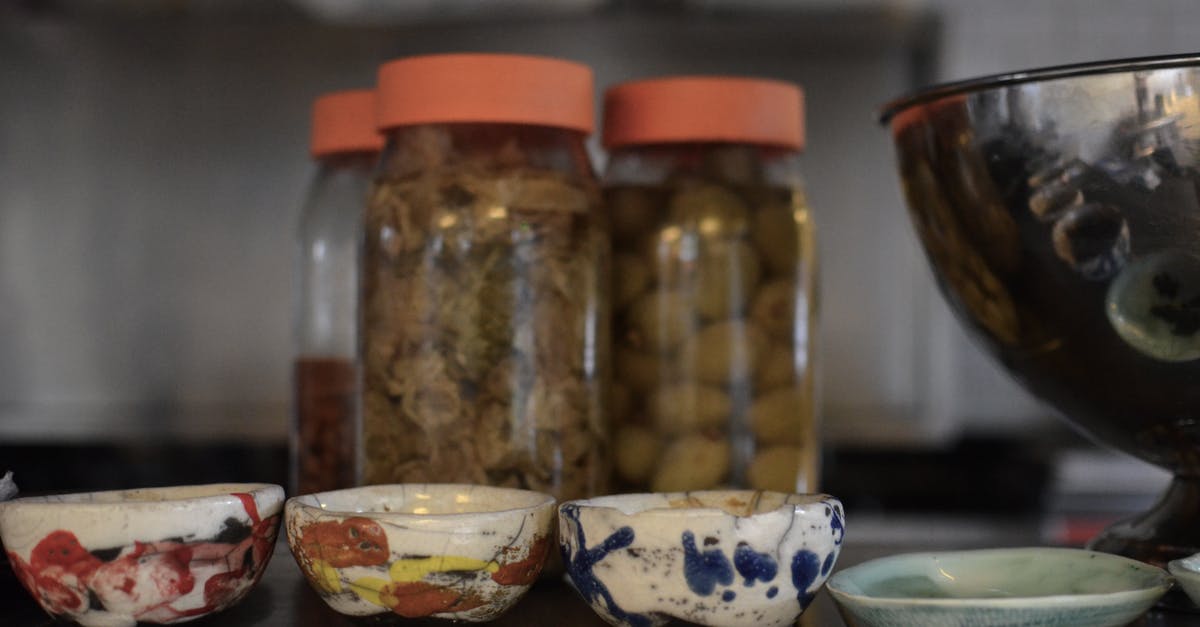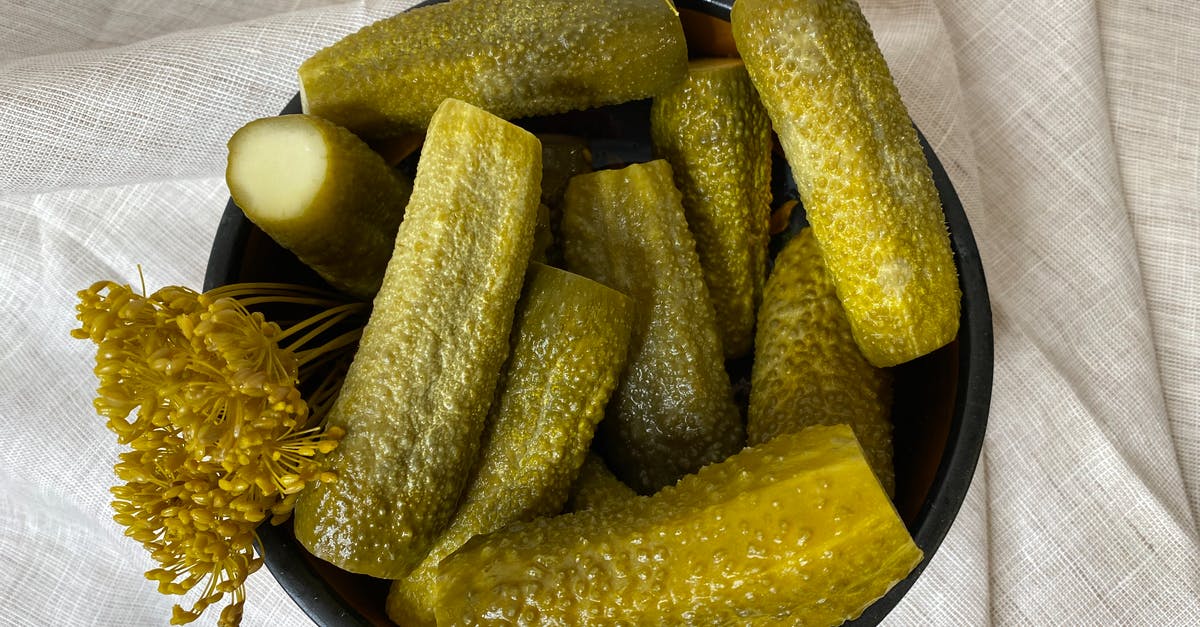How long will fermented/brined pickles last?

I've been interested in making some pickles, and a lot of the places I've found say that salt brined or fermented pickles generally taste better than acid-brined pickles. That is, pickles pickled in a saltwater brine taste better those pickled in vinegar. While that's subjective, it's still gotten me intrigued in saltwater brining some vegetables.
However, each of the sources I find give me a different estimate for how long they last in the fridge. Some say 1 week (too short, surely?) and some say up to 1 year (that seems too long...). So my question is, how long will a pickle last in its brine after being put into the fridge?
Edit: After some thinking, I guess it would depend on a lot of factors, but mostly the salinity of the water and the temperature of the fridge. Given that these are the most important factors (but I could be wrong!) if the temperature is 35 deg F in the ideal fridge, how will salt content change how long the pickle will last?
Best Answer
The short answer is 1-2 years for traditional pickles, assuming a good recipe with adequate salt content and fermentation time (traditionally anywhere from a month to a few months). For modern quick fermented homemade recipes, where the pickles are fermented in a week or so instead of months, I'd recommend using them up within a month or two.
Some representative sources (note the bolded bits about fermentation time):
- "Fermented or processed pickles also have a very long shelf-life, about two years." (source)
- "FERMENTED PICKLES: The oldest method of pickling, when a naturally occurring bacteria transforms the sugars present in the ingredient into an acid, preserving the food. These are called 'processed' pickles, and though they take as many as five weeks to cure, they last up to 2 years." (source)
- "The product is completely fermented in 3-6 weeks.... In contrast to salt stock brining procedures [i.e., pickles removed from their liquid after fermentation and stored in a very heavily salted tank for future processing], genuine dill pickles do not require desalting and are often sold with the filtered fermentation liquor that is produced during the process. The product must be consumed within 12 months." (source)
While these are common estimates, many books on the subject won't even give such shelf-life estimates (e.g., Sandor Katz's The Art of Fermentation), because there is so much variability depending on recipe and storage conditions during and after fermentation.
The other issue is that fermented brined pickles are "alive" in the sense that they continue to have microbial activity even after refrigerated. Unless you "process" the pickles after fermentation by heating to a high temperature and canning, you should expect that pickles will change their taste and texture continuously. You might like pickles that are "just finished," but dislike their flavor or texture after a month or two in the fridge (or the reverse).
Traditional pickle-makers often take advantage of these changes, for example by selling "half sours" which taste like something between a fresh cucumber and a pickle and have only been partially fermented. "Half sours" and other pickles that have not completed fermentation before refrigeration have a much shorter shelf-life (usually a few weeks), because the lack of full acidity in the liquid and remaining sugars and other nutrients in the cucumbers may still allow other things to grow and for spoilage to occur.
Even after a longer fermentation, expect pickles to gradually get more sour and to soften in texture as the months go by. However, with adequate salt content and full fermentation, and as long as you are not contaminating the storage container, there's no reason to expect they will actually "go bad" at refrigerator temperatures for at least a few months and potentially much longer.
Traditionally, long-storage pickled cucumbers were fermented in (and subsequently stored in) a cool place, like a root cellar or other underground compartment, which probably stayed around 50-55 degrees Fahrenheit most of the year. At these cooler temperatures, pickles usually needed to ferment for at least a month and sometimes a few months before achieving full flavor. Since the root cellar temperatures were often above refrigerator temperatures, they would then continue to get even more sour and gradually begin to break down as the months went by. However, the purpose of storage was to have cucumbers available throughout the year, so last year's batch would be used up and then be replaced by the new harvest.
Today, most people tend to ferment homemade pickles faster (often at room temperature) and often with less salt than the season-long ferments of the past would use. This produces pickles more quickly, sometimes in as little as a week or so, with pickles that are not as extreme in their sourness and saltiness as the long-storage pickling of the past. The flavor profile can also be somewhat different, due to greater activity of some microorganisms at room temperature. Depending on the recipe, they are often not as stable and should probably be consumed within a few weeks or months. (For example, Alton Brown's relatively fast pickle recipe recommends storing the pickles no longer than two months in the refrigerator.)
Pictures about "How long will fermented/brined pickles last?"



Quick Answer about "How long will fermented/brined pickles last?"
Fully fermented pickles may be stored in their original containers for about 4 to 9 months, provided they are refrigerated and surface scum and molds are removed regularly.Are fermented pickles shelf stable?
Fully fermented pickles may be stored for about 4 to 6 months in the refrigerator. Canning fully fermented pickles is the optimal way to store them.How long does brine pickling last?
The short answer is 1-2 years for traditional pickles, assuming a good recipe with adequate salt content and fermentation time (traditionally anywhere from a month to a few months).How do you store fermented pickles long term?
Fully fermented pickles may be stored in the original container for about 4 to 6 months, provided they are refrigerated and surface scum and molds are removed regularly. Canning fully fermented pickles is a better way to store them. To can them, pour the brine into a pan, heat slowly to a boil, and simmer 5 minutes.Can pickle brine last for years?
I'm here to say, yes! You can absolutely reuse that brine as long as\u2026 You're only using it to make refrigerator pickles. Once a brine has been used to can something, that's it.FERMENTED PICKLES: how long are they preserved, and my moldy failures
More answers regarding how long will fermented/brined pickles last?
Answer 2
You can pretty much count on anything that's brined or in an acid lasting AT LEAST 3 months in the refrigerator. I imagine something that's heated and sealed lasting indefinitely on the shelf. But acid, salt, and sugar all have preservative effects, so anything packed in acid, salt, or sugar will last you a while.
Sources: Stack Exchange - This article follows the attribution requirements of Stack Exchange and is licensed under CC BY-SA 3.0.
Images: Skylar Kang, Mikhail Nilov, Марта Тюзова, Nout Gons
